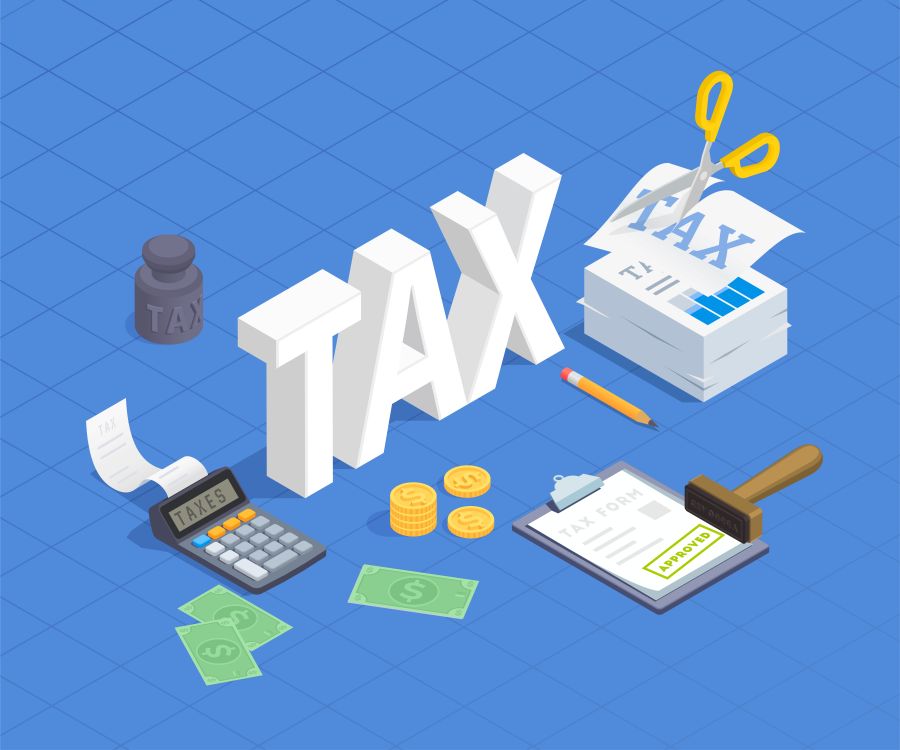
If you’re selling into the UK but don’t have an office or permanent base here, you might be considered a non-established taxable person (NETP).
In plain English, it means you’re doing business in the UK without being “established” here. That brings certain VAT obligations that are important to understand, but with the right approach, it’s straightforward to manage.
What is a non-established taxable person?
A non-established taxable person (NETP) is a business or individual making sales in the UK that are subject to VAT, without having a fixed establishment such as an office, branch, or warehouse in the country.
In practice, this usually applies to overseas businesses selling goods or services to UK clients. Even if your activity is short-term or limited, HMRC considers you an NETP if you have no permanent UK base.
Before we dive into the rules, let’s first clarify exactly who HMRC considers an NETP.
Do NETPs have to register for VAT?
Yes, and unlike UK-based businesses, there is no threshold. UK businesses only register for VAT once their taxable turnover exceeds £90,000 (for 2024/25), but NETPs must register as soon as they make any taxable supplies in the UK.
This means that even a single sale could trigger VAT registration. If you fail to register, you risk penalties and interest on unpaid VAT, so it’s not something to leave until later.
Examples of NETPs
To make this more concrete, here are some real-world examples of businesses that fall under NETP rules.
- A German consultancy advising UK clients remotely without an office in the UK.
- A US-based online retailer shipping products to UK customers.
- An Italian construction company working on a short-term London project without a permanent base.
The common factor in all these examples is that the business is selling into the UK without a permanent UK presence.
If your business fits any of these examples, the next step is to understand how to register for VAT in the UK.
Exceptions (no need to register):
- If your only UK sales are to UK VAT-registered businesses ( this includes limited companies and ST) (B2B), the buyer accounts for VAT using the reverse charge. This means if the businesses' only clients are other UK-registered businesses, a VAT registration will not be required.
- If your services are supplied outside the UK under the place-of-supply rules.
- If you only sell goods from the EU into Northern Ireland (separate distance-selling rules apply).
Exemption from registration
- If all your UK supplies are zero-rated (e.g. certain food, children’s clothes, books), you can apply not to register.
- However, registering might still be beneficial, because it lets you reclaim VAT on costs (like import VAT)
How to register for VAT as an NETP
Registration is done through HMRC’s VAT system. You’ll need to provide:
- Proof of business activity.
- Identification documents.
- Details of UK sales.
- Information about a VAT representative, if required.
The key is to register before you start making taxable sales, as late registration can lead to complications and penalties.
VAT obligations for NETPs
Being an NETP is more than just registering for VAT. You also need to charge VAT on UK sales where applicable, file VAT returns on time (normally quarterly), and keep an accurate record of all UK transactions.
Certain types of sales carry extra considerations. For example, if you’re selling digital products or services such as software, apps, or streaming content, special VAT rules for electronically supplied services apply. If you import goods into the UK, import VAT may also be due before the sale.
In some cases, HMRC will also require you to appoint a VAT representative, a UK-based contact who can liaise with HMRC and may share responsibility for VAT liabilities.
What is a VAT representative?
A VAT representative is usually a UK-based accountant (like Crunch!) or business who acts as your point of contact with HMRC. They ensure returns are submitted correctly and may be jointly liable for VAT. This doesn't mean your whole business is at risk, but it does mean you need someone trustworthy in the UK if HMRC requests it.
Staying compliant
All these rules may sound a little overwhelming, but staying compliant is mostly about preparation and good record keeping.
Charge VAT correctly, file returns on time, keep thorough records, and appoint a VAT representative if required. A little planning upfront will save a lot of stress later and keeps HMRC happy.
Key takeaways
Being an NETP doesn’t have to be complicated. The main points to remember are:
- NETP means you’re selling into the UK without a UK base.
- There is no VAT registration threshold for NETPs.
- You may need a VAT representative.
- Keep accurate records and file returns on time.
With these steps in mind, your UK operations can run smoothly, even if you’re based overseas.

.svg)



.jpg)
